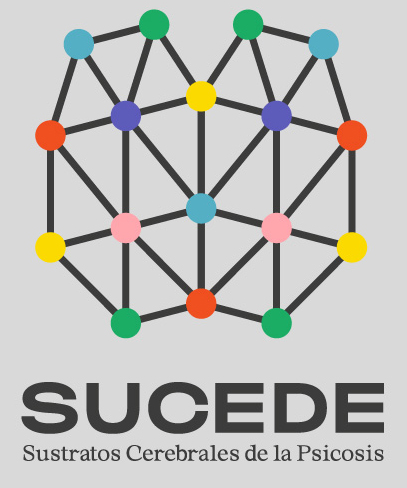Vicent Llorca, visiting psychiatrist in the SUCEDE group, today reviews the following scientific article: “Abnormal ERPs and Brain Dynamics Mediate Basic Self Disturbance in Schizophrenia: A Review of EEG and MEG Studies” (Hamilton and Northoff, 2021).
You can watch the video here (in Spanish).
Alterations of the self are characteristic phenomena of schizophrenia and have been extensively studied at phenomenological and psychological levels. However, the neural correlates of these alterations remain poorly understood. To clarify this issue, the authors conducted a literature search for articles analyzing alterations of the self and studying neural activity by EEG/MEG in patients with schizophrenia.
They found 33 articles and perform a narrative review that classifies the articles according to three different criteria: the experimental paradigm used and behavioral measures in the paradigms, the potentials related to the event in the different paradigms and finally the dynamic measures (frequency bands, connectivity measures and resting measures).
The authors explain the difficulty of obtaining meta-analytic results due to heterogeneity in study design, but narratively describe the findings. A total of 6 different paradigms have been used for the study of alterations of the self. At the behavioral level patients show a worse accuracy in the self-referential processing paradigms and a longer response time in the different paradigms available. Regarding the event-related potentials they find that the most consistent change is the reduction of N100 suppression in the “source monitoring” paradigm but point out that the rest of the findings need to be replicated. Regarding the dynamic measures they find a trend towards lower power at low EEG frequencies, changes in the 7 available connectivity measures and alterations in electrical activity at rest or during pre-stimulus but stress the need for replication of these results.
They conclude that there is sufficient evidence to affirm that alterations of the self in schizophrenia are mediated by changes at the neuronal level. These changes appear in different tasks and paradigms, suggesting a global neural alteration that would explain the generalized nature of the alterations of the self at the phenomenological level.



